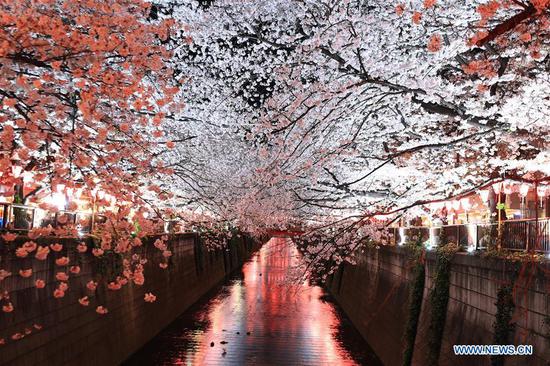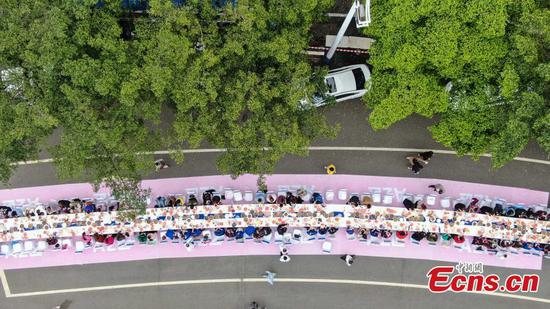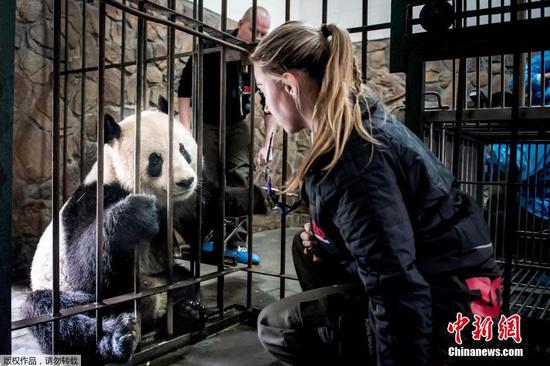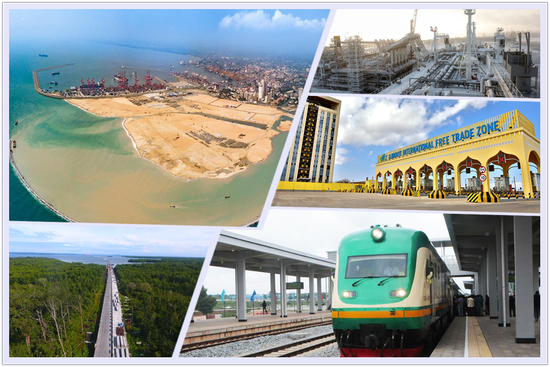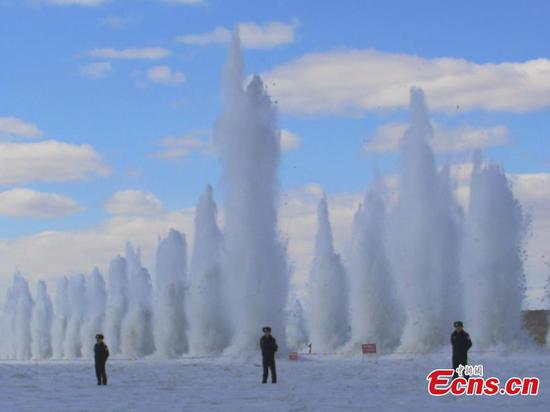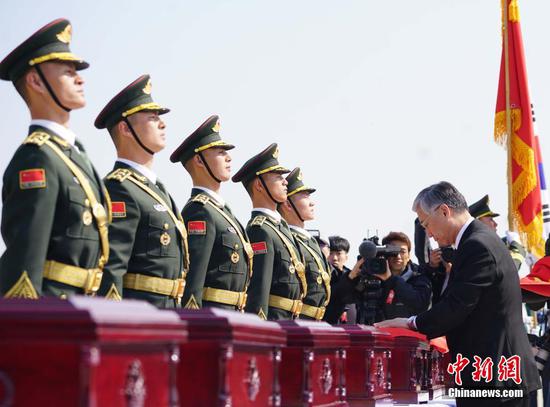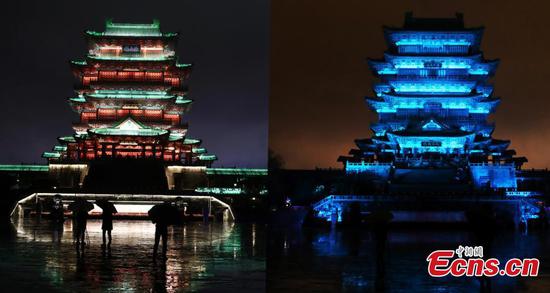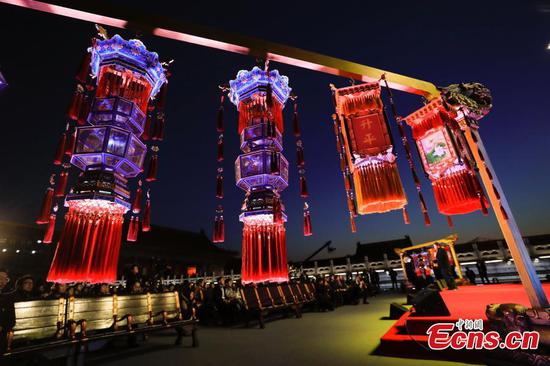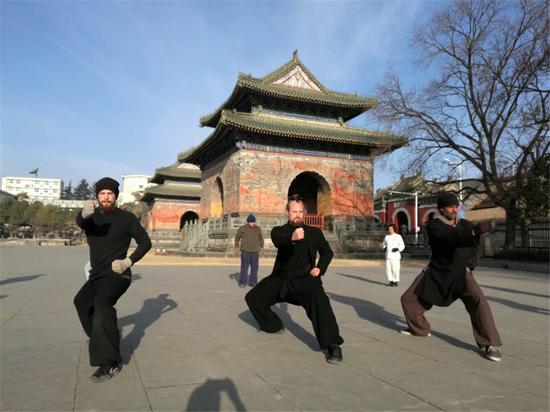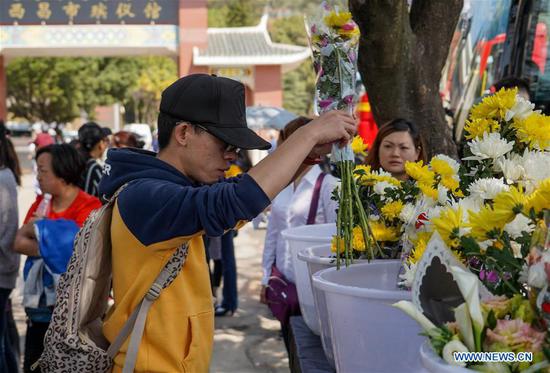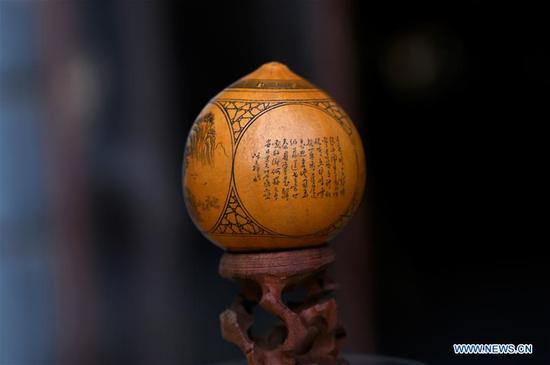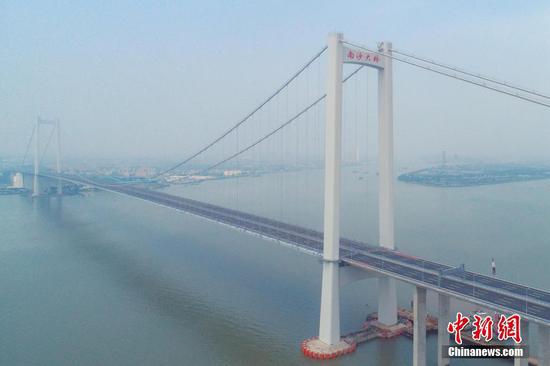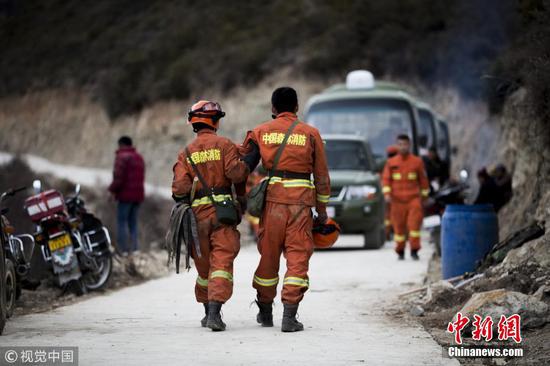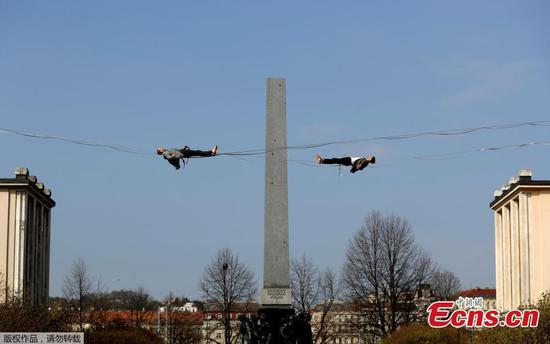
Number of holidays worldwide in 2019. MUKESH MOHANAN/CHINA DAILY
During the two sessions held last month, top lawmakers and advisers proposed longer national public holidays.
They said the public holidays that China currently has are not long enough to enjoy some leisure activities, such as traveling and going home to visit family. Hence, they proposed to extend the Labor Day holiday from one to seven days-restoring the original Labor Day holiday period which was in place before 2008.
The country has now 25 days of public holidays a year, excluding weekends. With the exception of Lunar New Year and National Day holidays which both have a duration of seven days each, other holiday periods range from one to three days.
In addition to the national public holidays as legally required, most countries worldwide provide paid annual leave for employees.
While companies in developed regions like the European Union usually offer at least 20 days of annual leave for those who have just started working, companies in China usually offer only five days of annual leave to new employees.
Last July, the tourism research center of the Chinese Academy of Social Sciences did an online survey with 2,552 workers nationwide.
The results show that about 40 percent of those surveyed said they were not entitled to take any paid annual leave at all, and 4 percent said they could not take annual leave even though they were entitled to do so.
Liu Yuanju, a researcher with nonprofit research organization the Shanghai Institute of Finance and Law, said that the Chinese are not enjoying high-quality holidays or paid vacations.
"Public holidays are so short. For example, during the Mid-Autumn Festival which is just three days, people do not have time to do anything like traveling or have reunions with their families living in different provinces," Liu said.
"Also, Chinese people now do not have enough paid vacations compared with workers from some countries. In some small companies or small cities, employers usually do not guarantee giving their workers all the required legal vacations."
A 30-year-old engineer, who only gave his surname as Wang, worked at a manufacturing company in Beijing and quit the job last year. He had only 10 days of annual leave.
He said that due to the heavy workload and "unspoken rules" of his boss, he was not able to take all the annual leave allotted to him.
"My former company operates 24 hours a day, so it requires engineers to be on standby to tackle the problem anytime, anywhere. It was demanding because a minor mistake might cause a big loss, so working overtime was a culture there," Wang said.
"We usually worked night shifts, or sometimes even on public holidays. I took just five days of my annual leave last year. I did not dare take too many days off because that meant my colleagues had to take on extra work for my sake."
Ren Xuanda, who has worked in a technology company in Beijing for three years, said that he prefers enjoying leisure time during his annual leave rather than on public holidays.
"Scenic spots are too crowded during long public holidays since everyone else is taking time off too," Ren said.
"Airports, trains and accommodations are fully booked in advance during the National Day holidays for example.












